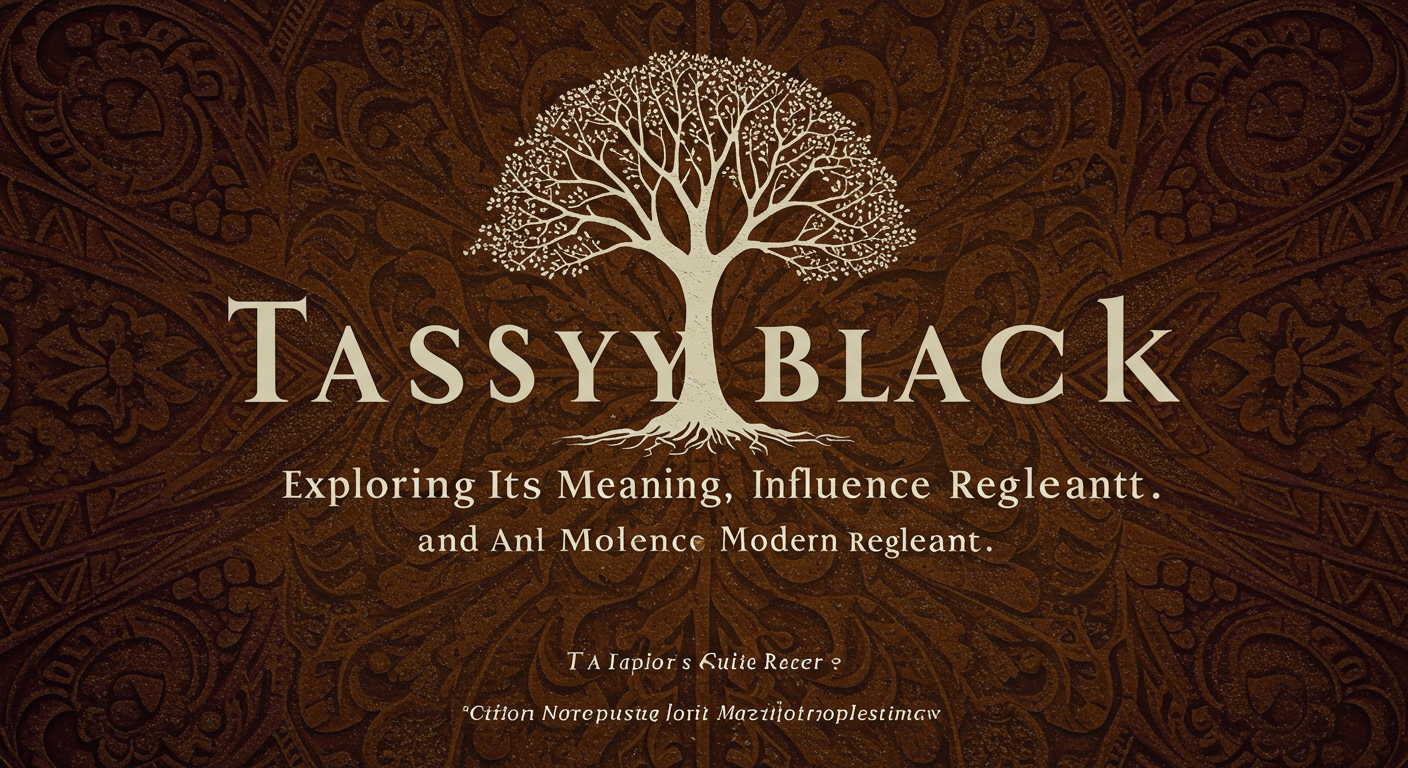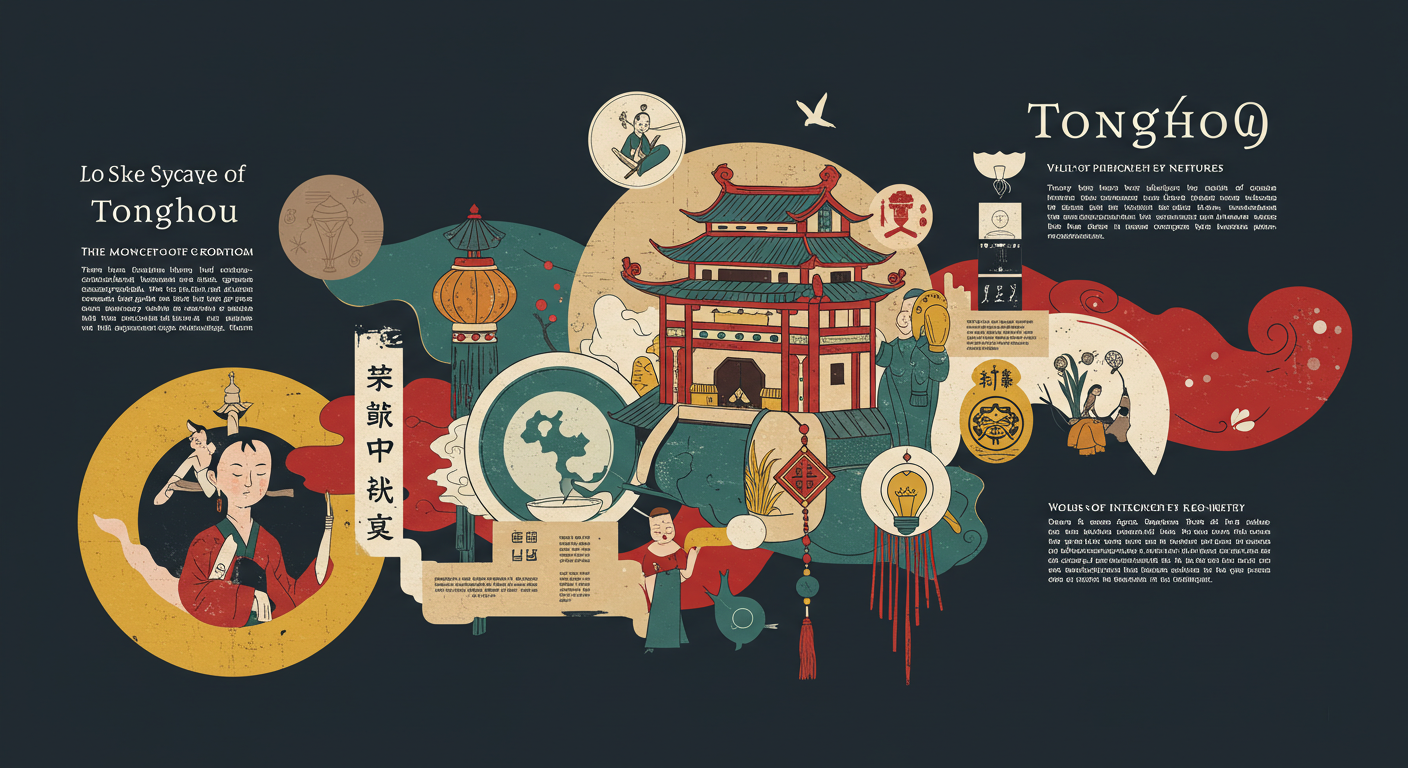The word calamariere may not be familiar to everyone, yet it carries strong cultural weight, especially within Mediterranean traditions. Rooted in the Italian language, the term links directly to the sea, fishing practices, and culinary art. For centuries, Mediterranean communities have relied on squid as a source of food, and the calamariere became an important figure who mastered both the preparation and the cultural expression of this seafood.
This article explores what calamariere means, how it originated, its role in gastronomy, and why it still resonates in today’s world.
Understanding the Term Calamariere
The word calamariere stems from calamaro, the Italian word for squid, combined with the suffix “-iere,” which typically describes a person associated with a task, skill, or profession. In simple terms, calamariere can be understood as a person skilled in preparing or working with calamari.
Over time, the meaning of calamariere has expanded. It is not just a label for a cook or fisherman; it also represents knowledge, craftsmanship, and a connection to the sea.
Historical Roots of Calamariere
Fishing has been at the heart of Mediterranean life for thousands of years. Coastal communities in Italy, Greece, and Spain depended on the ocean for survival. Among the many species caught, squid became a staple ingredient.
The calamariere was often a specialist who knew when and how to catch squid, how to preserve it, and how to turn it into nourishing meals. In many fishing towns, this role was not only practical but also respected, since feeding the community was considered a service of high value.
In folklore, the calamariere was sometimes viewed as a guardian of tradition — a person whose expertise preserved cultural recipes and fishing practices across generations.
Calamariere in Italian Cuisine
Italian cuisine is celebrated worldwide for its balance of simplicity and flavor, and calamari is one of its most beloved ingredients. A calamariere plays a key role in this culinary tradition. Their work involves much more than cleaning squid. It requires an eye for quality, a sense of timing, and the ability to adapt old recipes to modern tastes.
Some dishes closely tied to the calamariere tradition include:
-
Calamari fritti (fried squid rings): Crisp, golden, and a classic appetizer.
-
Stuffed calamari: Squid tubes filled with breadcrumbs, herbs, and sometimes seafood or meat.
-
Calamari alla griglia (grilled squid): Lightly seasoned and cooked over flame for a smoky flavor.
-
Squid in tomato sauce: A comforting dish often paired with pasta or bread.
Through these dishes, the calamariere becomes more than a cook — they become a custodian of culinary heritage.
Symbolic and Cultural Importance
Beyond food, the idea of the calamariere holds symbolic meaning. Squid itself is a creature known for adaptability, intelligence, and resilience. Similarly, a calamariere is often viewed as someone resourceful, capable of solving problems, and skilled in multiple areas.
In some Italian dialects, calamariere is even used metaphorically to describe a person who manages many responsibilities with efficiency. This symbolic meaning shows how language and culture intertwine in fascinating ways.
Calamariere in Modern Times
Today, the traditional figure of the calamariere has evolved. While fishing communities remain proud of their heritage, modern society has given the word new relevance:
-
Culinary identity: Chefs worldwide use the term to highlight authentic Italian seafood traditions.
-
Cultural tourism: Coastal towns promote calamari festivals, where visitors can watch calamariere at work.
-
Heritage branding: Restaurants and food businesses sometimes adopt the word calamariere to signal authenticity and tradition.
This adaptation shows that calamariere is not just a historical word; it has a living role in modern cultural and culinary life.
Global Influence of Calamariere
As Mediterranean cuisine spread across the globe, squid dishes gained international popularity. Whether in American seafood restaurants, Asian fusion kitchens, or Latin American street food stalls, calamari is now a worldwide favorite.
Within this global context, the concept of a calamariere represents excellence and tradition. Even if the person preparing the dish is not Italian, they carry forward the same respect for quality and tradition that defines the calamariere’s role.
What We Can Learn from the Calamariere
The story of the calamariere is more than just about food. It teaches us values that are just as important in modern life as they were in ancient fishing villages:
-
Respect for tradition: Carrying forward heritage while embracing innovation.
-
Skill through practice: True expertise takes years of dedication.
-
Adaptability: Like squid, flexibility allows us to thrive in changing environments.
-
Connection to nature: Sustainable practices remind us of our dependence on the sea.
These lessons make calamariere a timeless concept that extends well beyond gastronomy.
The Future of Calamariere
Looking ahead, the future of the calamariere will likely be shaped by sustainability and global awareness. Overfishing and environmental changes challenge traditional fishing communities, making sustainable squid harvesting essential.
Chefs and culinary experts who see themselves as modern calamariere may also embrace technology — from online recipe sharing to virtual cooking demonstrations — ensuring that this heritage reaches audiences worldwide.
Thus, the calamariere of the future may combine tradition, sustainability, and digital innovation.
Conclusion
The word calamariere is more than just a linguistic curiosity. It embodies history, culture, and culinary tradition. From its roots in Mediterranean fishing villages to its modern role in international cuisine, calamariere stands as a symbol of skill, adaptability, and respect for heritage.
Whether you encounter it in a seaside town in Italy or on a restaurant menu abroad, calamariere tells a story — one that connects people, food, and the sea across generations.








